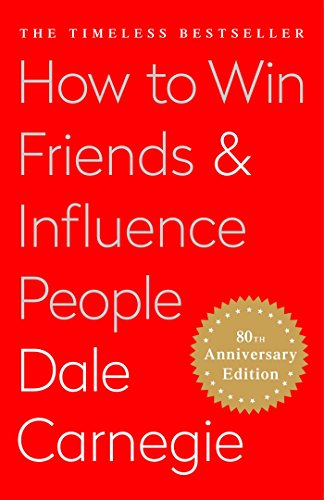How To Win Friends and Influence People by Dale Carnegie Link to heading
Summary: Link to heading
“How To Win Friends and Influence People” is a seminal self-help book by Dale Carnegie, first published in 1936. The book provides timeless advice on communication, personal development, and leadership, focusing on strategies to enhance interpersonal skills and foster meaningful relationships. Carnegie introduces practical techniques for handling people, making them like you, winning them to your way of thinking, and becoming a more effective leader.
Review: Link to heading
Dale Carnegie’s book has had a profound impact on both personal development literature and business communication practices. Its strengths lie in its straightforward, practical advice and illustrative anecdotes that make the principles easy to understand and apply. While some may criticize the book for being overly simplistic or outdated by today’s standards, its core principles remain relevant. This enduring relevance is attested by the book’s popularity and continued use over the decades in personal growth and professional settings.
Key Takeaways: Link to heading
Fundamental Techniques in Handling People:
- Don’t criticize, condemn, or complain.
- Give honest and sincere appreciation.
- Arouse in the other person an eager want.
Ways to Make People Like You:
- Become genuinely interested in other people.
- Smile and remember that a person’s name is to that person the sweetest and most important sound.
- Be a good listener and encourage others to talk about themselves.
Win People to Your Way of Thinking:
- The only way to get the best of an argument is to avoid it.
- Show respect for the other person’s opinions and never say “you’re wrong.”
- If you are wrong, admit it quickly and emphatically.
Be a Leader:
- Begin with praise and honest appreciation.
- Talk about your own mistakes before criticizing the other person.
- Ask questions instead of giving direct orders.
Recommendation: Link to heading
“How To Win Friends and Influence People” is highly recommended for anyone seeking to improve their communication and relational skills. It is particularly beneficial for professionals aiming to enhance their influence and leadership abilities, as well as individuals looking to foster more positive personal interactions. Despite being written decades ago, its practical advice still resonates today, making it a valuable read for those interested in personal and professional development.
